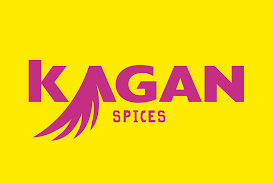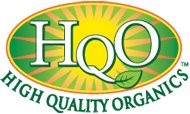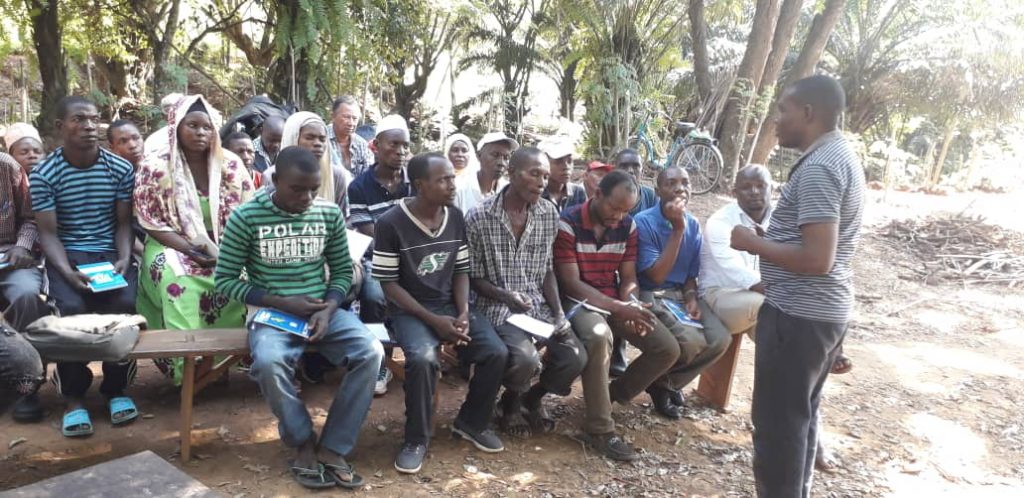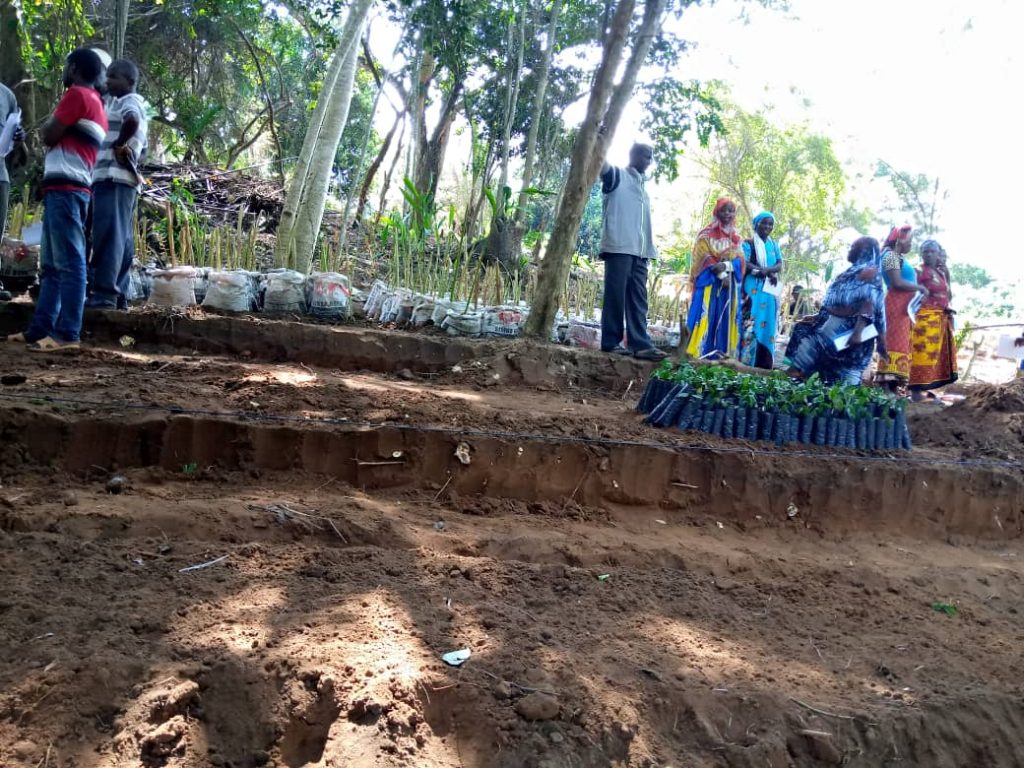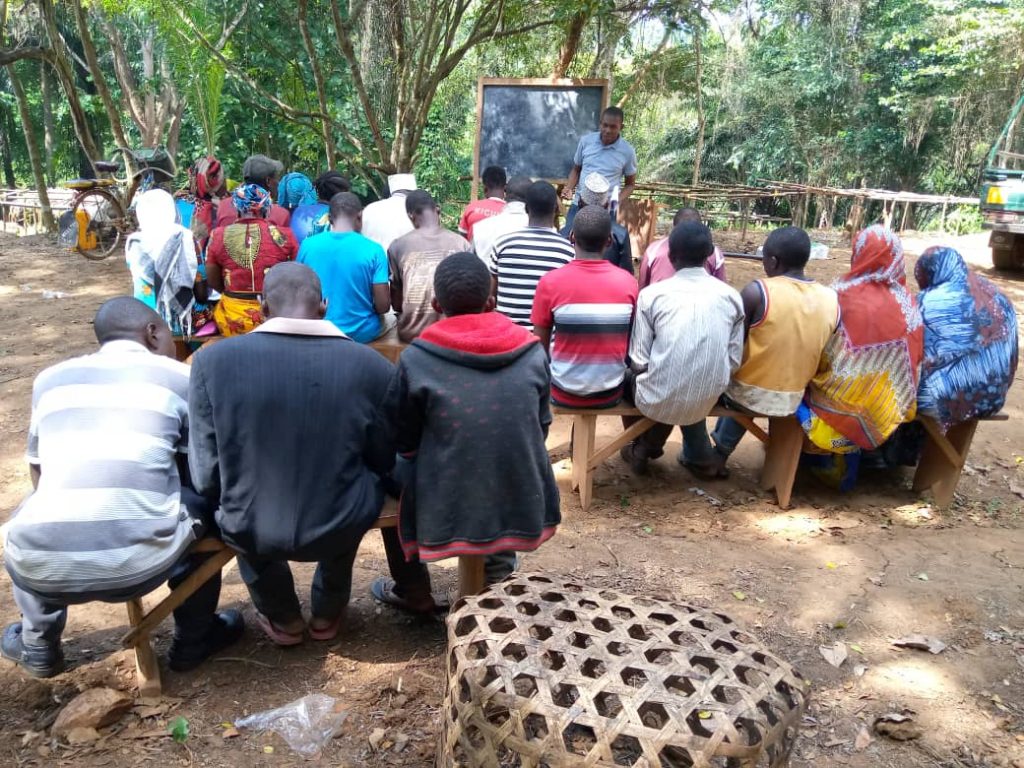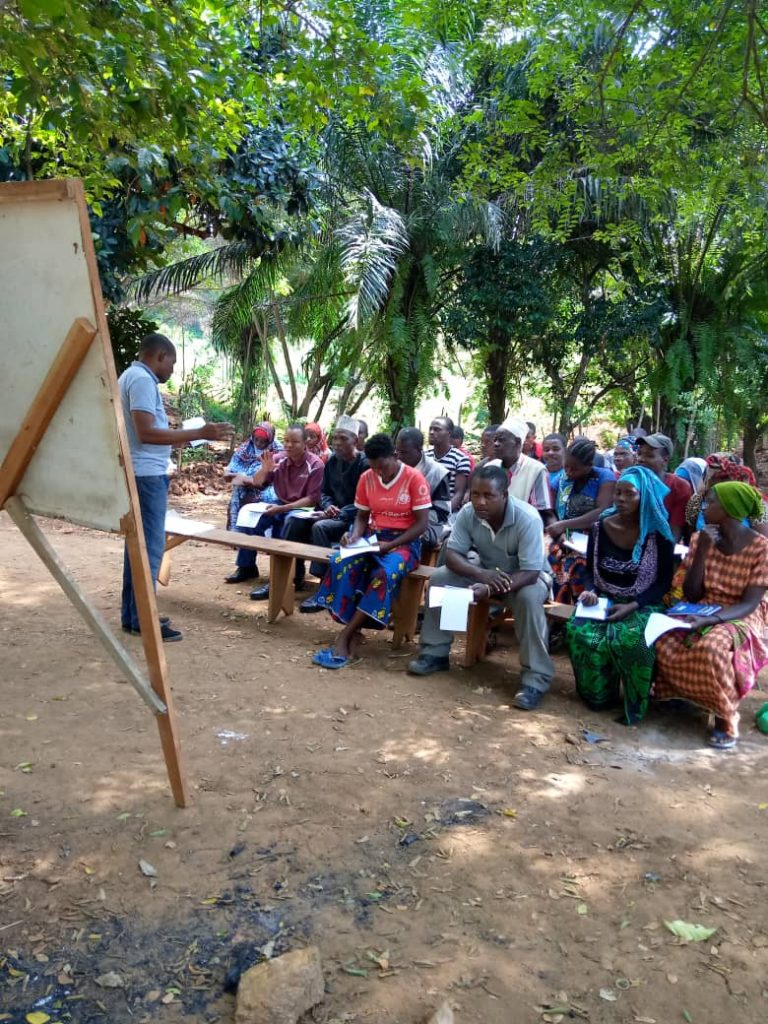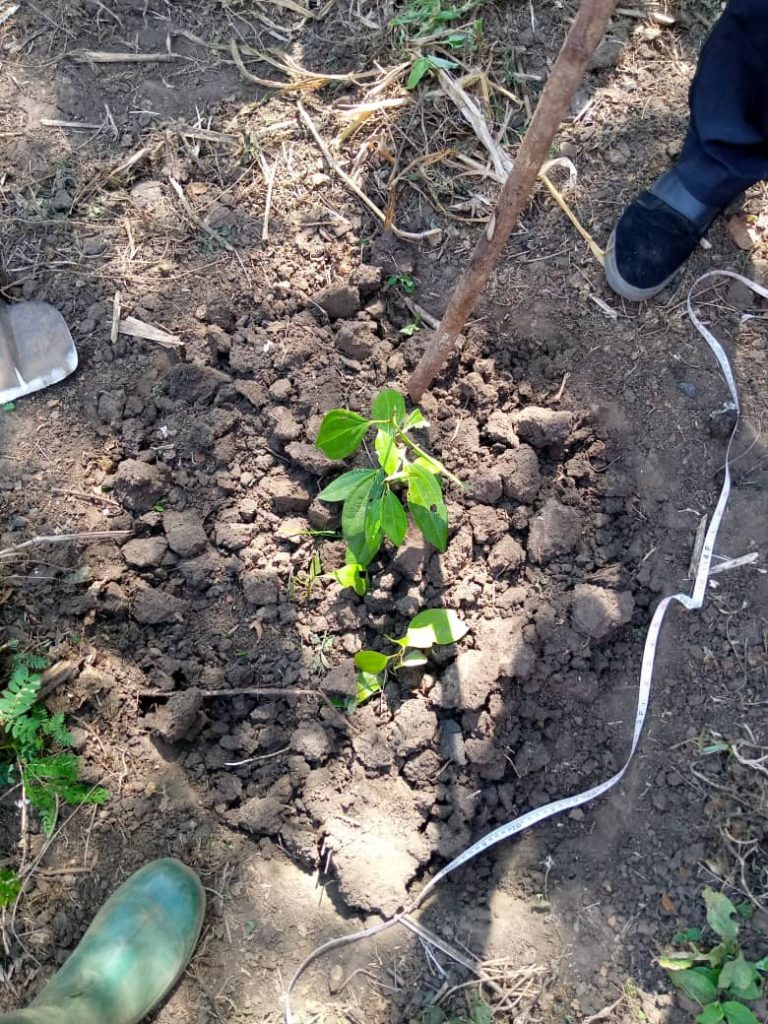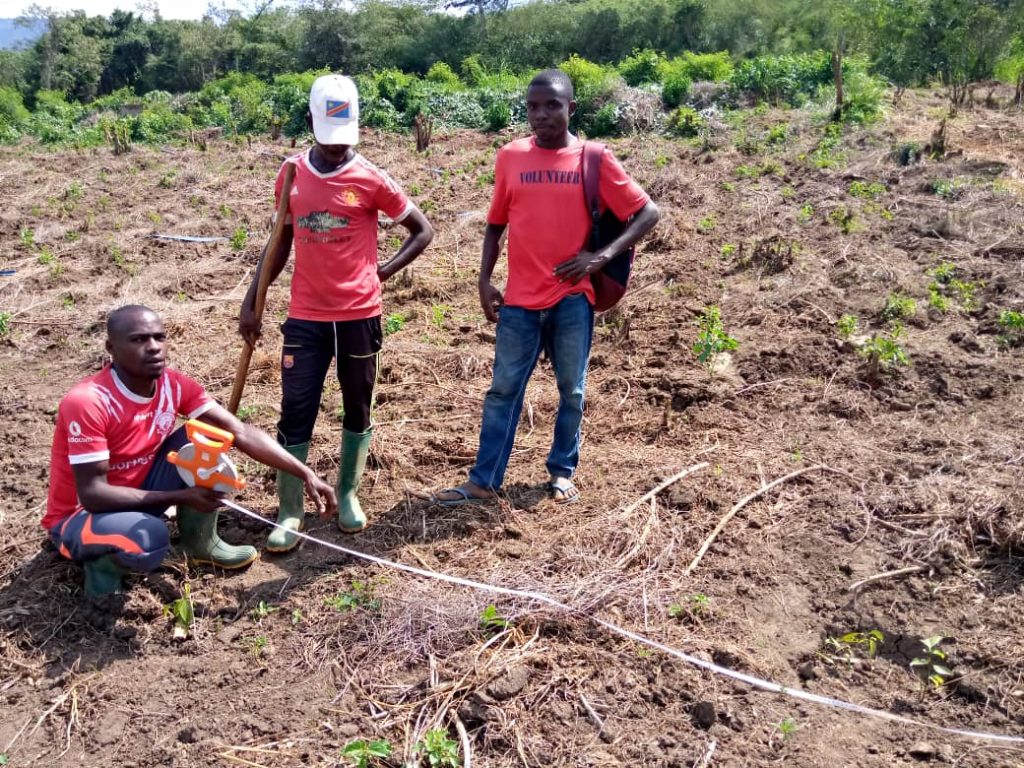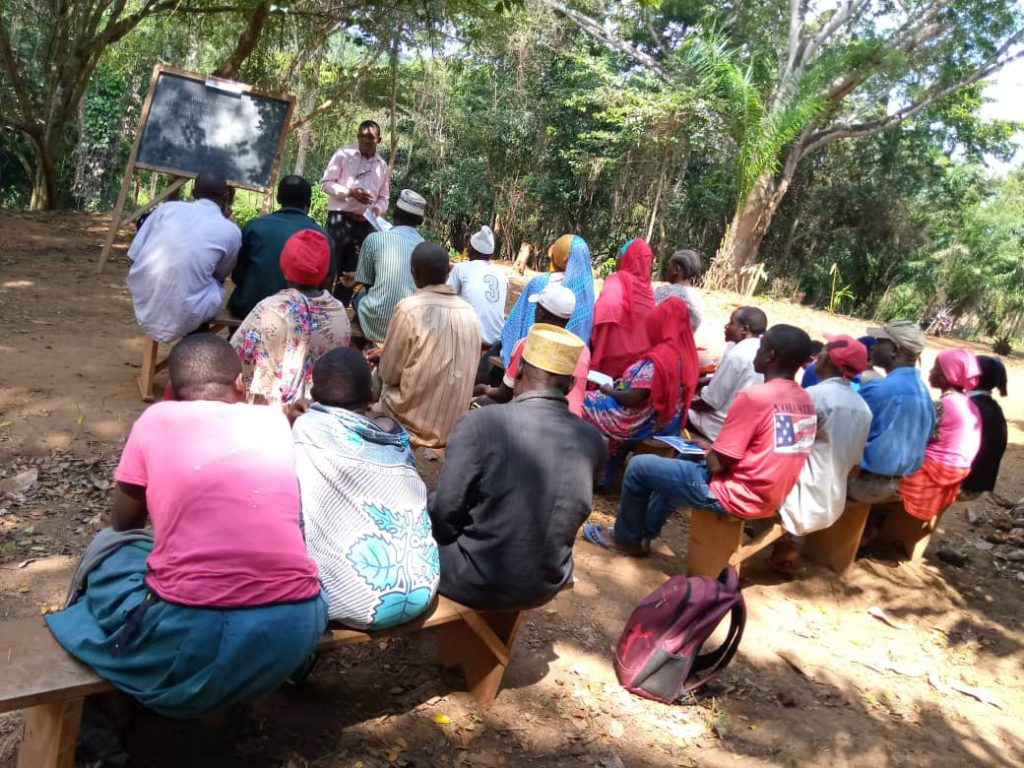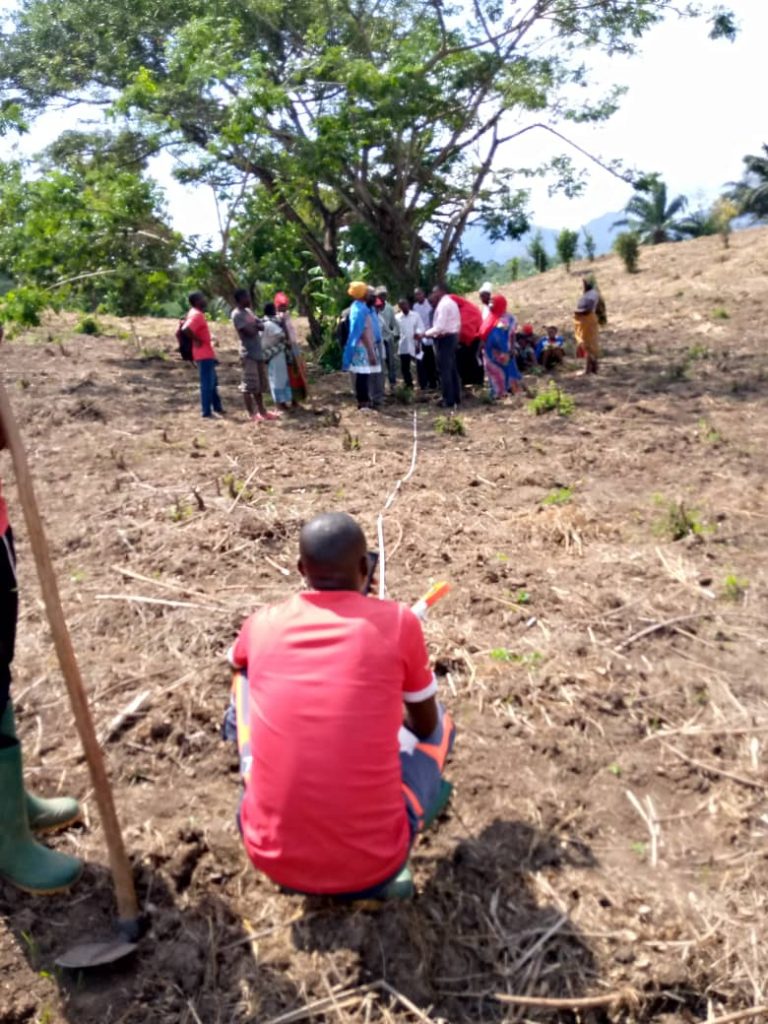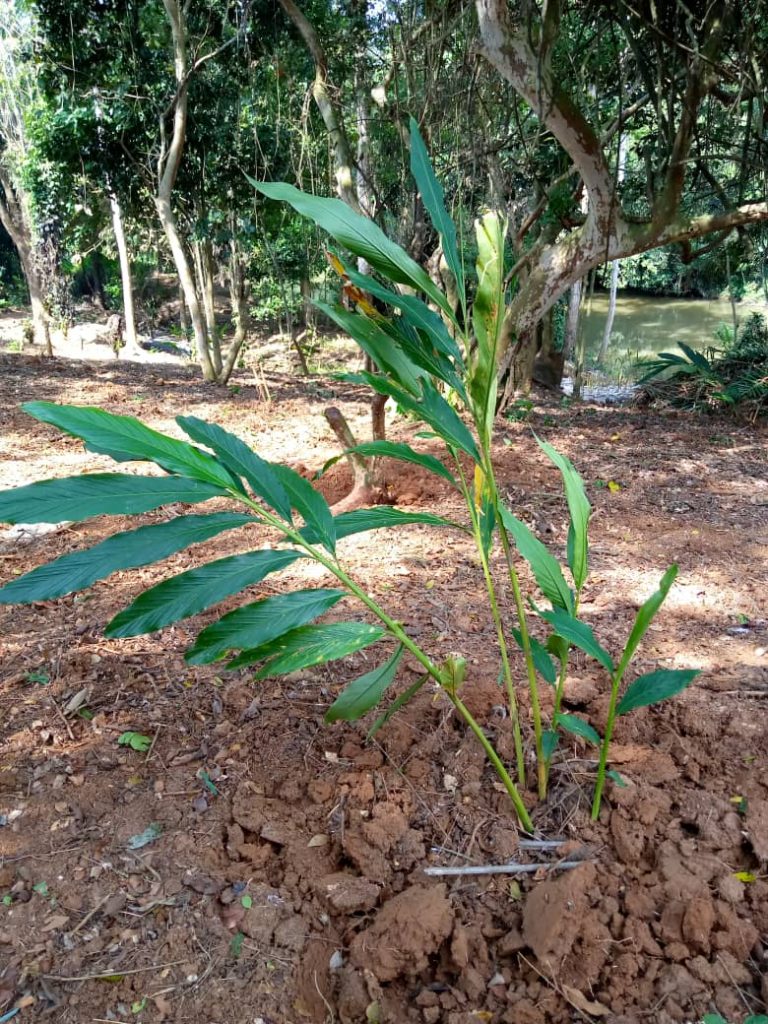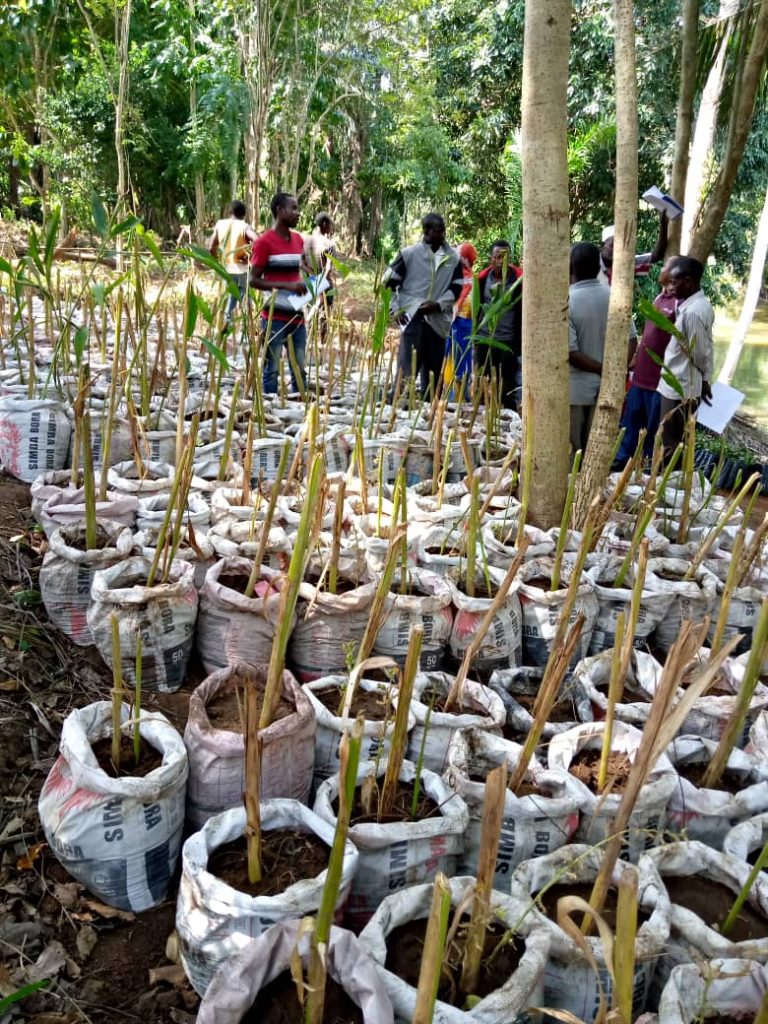Impact Cluster New Origins Sustainable Spices - Tanzania and Madagascar
Developing new sustainable spices origins in Tanzania and Madagascar.
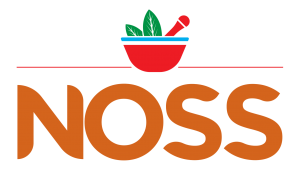
Impact Cluster New Origins Sustainable Spices - Tanzania and Madagascar
Tanzania and Madagascar have strong and growing spices sectors. Both countries have a huge potential that is ready to be exploited and expanded to a larger scale.
NOSS aimed to develop these origins through the transfer of knowledge and expertise, for example by way of NOSS nurseries, spice model farms, and farmer capacity building. The programme focuses on creating a sustainable value chain for export, aiming for an increase in the quality and quantity of organic and conventional spice exports from both countries to the European Union. The progamme targets the following crops: ginger (Tanzania), cinnamon, cardamom, cloves, and vanilla (Madagascar). In Tanzania, NOSS was active in the Morogoro and Muheza/Same regions and worked closely together with spices exporters GFP and Agri ventures. In Madagascar, NOSS was active in the Tamatave region, working closely together with the CTHT and four spice exporters. The companies that cooperated in the cluster, J.S. Polak, HQO, Agri Exim, Kagan Spices, Aromatum, and Précon, provided essential input in terms of product properties and quality standards.
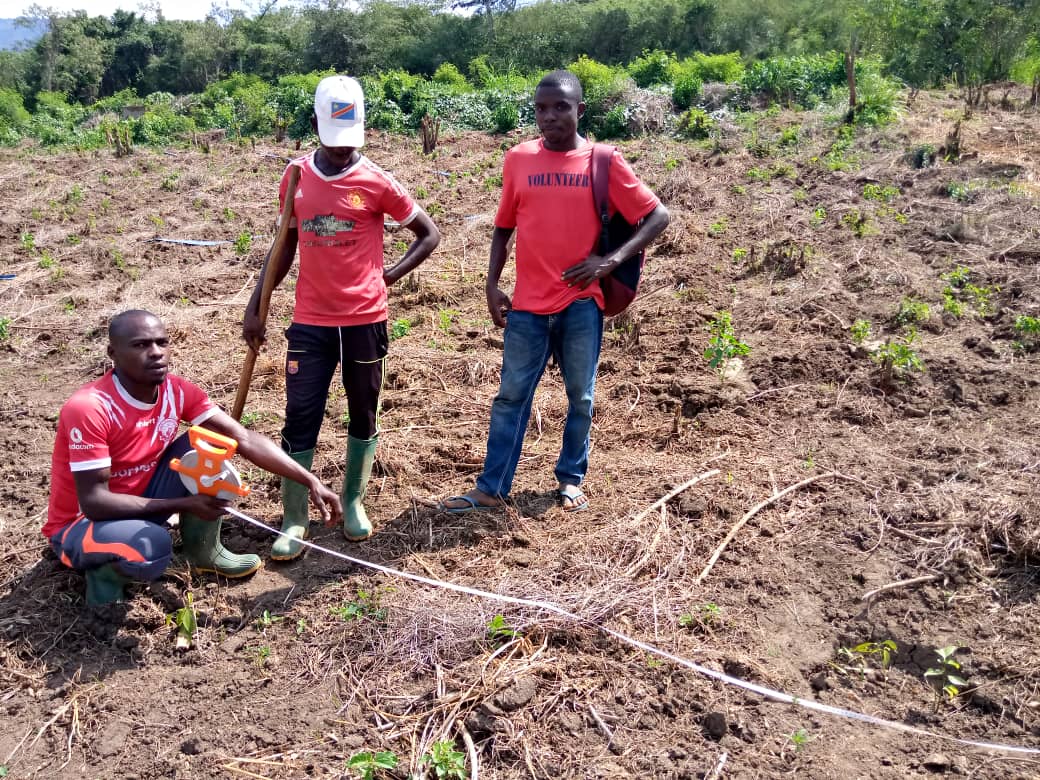
Approach

Stakeholder Mapping
& Baseline Study
The baseline study marked the starting point of the programme and made monitoring and evaluation possible and define KPIs. The stakeholder mapping identified the partners and important stakeholders for the programme.

Demonstration
Farm
The demo farm was located on the property of the production partners and was upgraded with small Dutch equipment. The demo farm gave the cluster members the opportunity to showcase their approach and train the target group. The demo farm is an example for other farmers and showcases the best farming practices to improve quality and volume.

Capacity
Building
The cluster members and local partners trained the model farmers on spices cultivation skills and supported the local government by training them to comprehend the process of logistics, finances, and current challenges of red tape and the warrantage process.

Knowledge
Transfer
During field visits, workshops, and open days the cluster members had the opportunity to show the necessary transformation at farms to improve quality, sustainable farming practices, processing spices, collecting and transporting spices, increasing volume to export, and increasing the income for farmers.
Updates
On October the 21st 2019, the 3-year impact cluster New Origins Sustainable Spices (NOSS) programme was launched at the Uhuru Hostel in Shanti Town, Moshi. This event gave the stage to the NOSS stakeholders (NABC, Précon, HQO, Agri Exim, Kagan Spices, and Aromatum) and Dutch government representatives to introduce themselves to the audience and to introduce NOSS. In specific, the importance of the programme for the European spice market and the sustainable development of the spice supply chain in Tanzania was discussed.
The Minister of Agriculture, H.E. Japhet Hasunga together with the Regional Commissioner of Kilimanjaro Region, Dr. Anna Mghwira honoured the launching with their attendance and offerings of full support to the impact cluster.
After the introduction and welcoming of the Minister and Regional Commissioner, the official partnership agreement was signed. The agreement underlines the partnership between the Tanzanian government, the Dutch government, the Dutch stakeholders and the Tanzanian partners.
The launching event ended with a constructive networking lunch where finance stakeholders, spice associations, traders, farmers, union representatives, government officials and NOSS stakeholders could liaise and exchange contacts for future cooperation.
From the 16th to the 20th of December 2019, NOSS conducted practical training in cinnamon cultivation and processing in Amani, Muheza district. The training was given by spice expert Mohammed Taimour from Zanzibar Island in Amani: IBC Village, Antakae, Mbomole, Sakale, and Makanya. In total, 191 farmers attended the training.
The objective of the training was to transfer knowledge on cinnamon cultivation and processing practices aiming to contribute to an increase in Tanzanian (Amani region) cinnamon volumes and quality. The training focussed on pre-harvest, harvest, and post-harvest practices and on the creating of awareness on the EU standards and EU market demand, especially in the Netherlands. Some findings were: washing of shoots and scraping of barks is often not yet done (time-consuming), planning of harvest is a point of attention (many farmers wait too long which negatively impacts the quality), and need for planning in terms of planting (spacing, etc.).
During the training, the theory was immediately brought into practice. For example, by way of a demonstration of the washing of the shoots, a demonstration on the spacing of plants and planting while using more seeds per whole to challenge the shoots.
In 2020 there was a follow-up training building on the knowledge already transferred during the December ’19 training.
From June 14-17, 2020, NOSS and NABC organised a 4-day training in Kambai, Tanzania. In total, a hundred local farmers in groups of 25 have been trained in nursery preparation and management, on topics such as soil composition, seed selection, seed preparation, and seed care. The training program was a mixture of theory and practice; learning by doing. In practice, cloves were decorated and planted in the nursery beds to ensure germination before transferring them to polythene bags, and polythene bags with cinnamon and cardamom seedlings were prepared. The training was given alongside one of NOSS’ nurseries, using it as a learning site and increasing farmer access to better spice inputs.
From the 20th-23rd of June, a follow-up training on the setting up of a spice demo farm: land preparation, spacing, transplanting, and care, was given to the same group of farmers. This was given alongside one of NOSS spice demo farms in Kambai.
From the 20th-23rd of June, NOSS organised a follow up-training on setting up a spice demo farm at the NOSS spice demo farm in Kambai. A hundred local farmers, in groups of 25, were trained in land preparation, spacing, transplanting, and care aiming to equip the participants with recommended care of spice plants in the field (transplanting to harvesting). These farmers received practical and theoretical nursery training on topics such as soil composition, seed selection, seed preparation, and seed care. NOSS organised these pieces of training to support an increase in both the quality and quantity of Tanzanian spice produce and exports.
The trainer Mohammed Taimour explained topics regarding field layouts and clove spacing during the practical part of the training.
Partners:
Contact Us
Mattijs Renden
- Sahel Region, Côte d'Ivoire, Tunisia, Ethiopia, Kenya, Ghana
- mattijs.renden@nabc.nl



